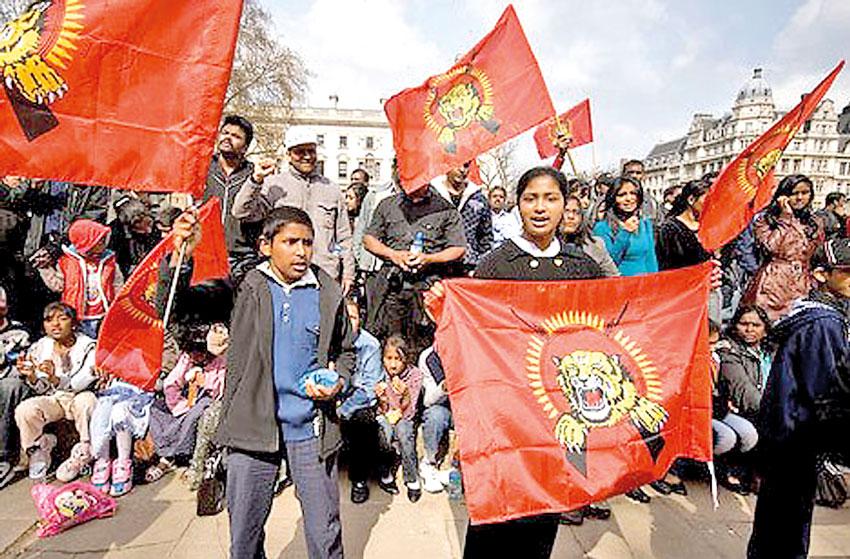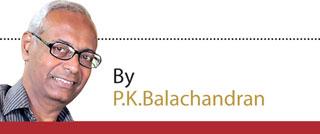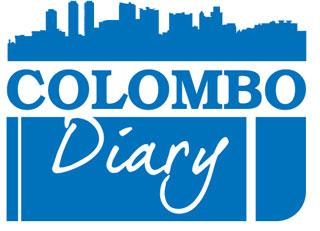Reply To:
Name - Reply Comment

Sri Lanka too has a large Diaspora (3 million) which contributes to the country’s coffers substantially
 Colombo, March 24: Diasporas are not a new phenomenon. The Jewish Diaspora is one of the earliest and also the best known. But it is only now that the Diasporas have become a political factor in their host countries and their countries of origin (the Homelands).
Colombo, March 24: Diasporas are not a new phenomenon. The Jewish Diaspora is one of the earliest and also the best known. But it is only now that the Diasporas have become a political factor in their host countries and their countries of origin (the Homelands).
Today, thanks to globalization and easier travel, Diasporas are a significant part of the world’s population. According to the UN Department of Economic and Social Affairs, 281 million people, or 3.5% of the world’s population, were living outside their country of origin in 2020.
 The Indian and Chinese Diasporas are the largest – 32 million and 50 million respectively. Both play a major part in their countries of settlement as well as their Homelands. Sri Lanka too has a large Diaspora (3 million) which contributes to the country’s coffers substantially.
The Indian and Chinese Diasporas are the largest – 32 million and 50 million respectively. Both play a major part in their countries of settlement as well as their Homelands. Sri Lanka too has a large Diaspora (3 million) which contributes to the country’s coffers substantially.
But as Sri Lankans have known, and as Indians are now coming to know, Diasporas do not always play a constructive role. They have been sources of trouble or irritation both in their host societies and their Homelands. The pro-LTTE Tamil Diaspora and the Sikh (Khalistani) Diaspora in the West have been tormenting Homeland governments.
In the past, the Indian Diaspora had a key economic role to play in host countries such as Sri Lanka, South Africa, Fiji, Malaya, Singapore, Mauritius, Seychelles and the West Indies. But they contributed little to their Homeland and were servile in their host countries. This was because they were by and large poor labourers (indentured workers in some countries). Indian nationalists were perturbed by the conditions prevailing in the Diaspora, fought for their rights and eventually banned the export of labour under the then prevailing conditions.
But the present-day Indian Diasporas are a different kettle of fish altogether. It is thriving in North America, the Middle East and other places because it is highly educated and well-heeled. The Diaspora’s achievements bring substantial money and prestige to the Homeland.
The 4 million-strong Indian Diaspora in the US plays an important part both in the US and India. Prime Minister Narendra Modi is cultivating the Diaspora with single-minded devotion through various schemes. The Indian government has institutions to liaise with the Indian Diaspora. India does not allow dual citizenship but it has the Overseas Citizens of India card which gives the card-holder permission to take jobs and do business in India but not seek political office.
With increasing political participation in the US, the Indian Diaspora there has emerged as a major promoter of India’s interest in Washington DC.A member of the Indian Diaspora is now the Prime Minister of the UK.
Be that as it may, the Indian Diaspora could also be a source of trouble for India as the Sikh Diaspora in the UK, Canada and Australia are turning out to be. The prime supporters of the Sikh separatist “Khalistan” movement are in these countries. The recent attacks on the Indian High Commission in London, the Indian Consulate in San Francisco and Hindu temples in Australia by Khalistani Sikhs have strained India’s relations with the governments of these countries. There is now a question mark over an India-UK trade deal. Indian immigration continues to be an issue in Indo-UK and Indo-US relations.
The Sinhalese Diaspora, typically comprising economic migrants, contributes to Sri Lanka’s coffers substantially through its remittances. The dual citizenship system enables Sri Lanka to utilize its Diasporic resource. But the refugees and rebels in the Sri Lankan Tamil Diaspora, have been a source of trouble for the Lankan government. The Tamil Diaspora lobbies against Colombo in the host countries and international rights organizations like the UNHRC.
During the 30-year war, the Lankan Tamil Diaspora was a major source of funds for the separatist Tamil Tigers. Since the end of the war, it has been funding Tamil candidates and parties during elections. It also sets their agendas.
Some countries have reserved seats in their parliaments for their Diaspora. Political parties cultivate Diaspora voters and even pay for their travel to come and vote in national elections.
Chinese
China’s 50 million-strong Diaspora is composed of wealthy Chinese spread across South East Asia. John Lee says in a 2016 article in East Asia Forum that the Chinese Diaspora had directly shaped the reform debates in China during Deng Xiaoping’s regime. They served in the Chinese People’s Political Consultative Conference and the National People’s Congress. They influenced the conception and implementation of Special Economic Zones (SEZs) in China. The technology and capital they sunk into these SEZs powered the take-off of China’s export industries, weighing the political scales in favor of continued liberalization and opening, Lee says.
Today, Southeast Asia’s ethnic Chinese, who still dominate the private sector in every ASEAN country, are significant investors in China or are middlemen for other actors’ business, Lee says. About 90% of Indonesia’s commerce with China involves Chinese-Indonesians. Earlier, the Chinese were persecuted in Malaysia and Indonesia because they were thought to be agents of communism. But that is not the case now.
Political Dimension
Terrence Lyons and Peter Mandeville of George Mason University say in their paper Diasporas in Global Politics that many Diasporas exert direct political influence on their Homelands. The authors point out that Senegalese in France, Somalis in England, Kurds in Germany, Moroccans in Spain, Serbians in Sweden, Sikhs and Tamils in Canada, and Croatians and Ethiopians in the US have “intervened directly” in the contentious politics of their Homelands.
When Homeland governments become authoritarian, displaced communities in the West take up those contentious issues, the authors say. When Sikh and Tamil separatists failed to get traction in India and Sri Lanka, those kinsmen settled abroad kept these movements alive in their countries of adoption.
The Diasporas fully exploit the freedoms guaranteed in Western countries to debate Homeland issues, formulate ideas, propagate them, and agitate on them untrammeled by repression in their Homelands. Diasporic groups have played major roles in fomenting and supporting conflict in places as diverse as Ethiopia, Kosovo, Nagorno-Karabakh, Kashmir, Israel, and Palestine.
Diasporic Nationalism
Diasporas sometimes engage in “romantic long-distance nationalism” that prioritizes divisive symbolic issues, Lyons and Mandeville point out. Such nationalisms create law and order problems for the host governments and create ethnic or religious tension locally.
For example, a Hindu right-wing group in the US used anti-Muslim symbolism at a public event in the US. Hindus and Muslims clashed in Leicester in the UK that had an international dimension in as much as the Indian government lodged a protest with the British authorities. India intervened when Sikhs in Australia attacked Hindu temples recently.
However, generally speaking, economic migrants (as opposed to conflict-generated migrants) tend to play a constructive role both in their host society and their Homeland.
Nursing Great Leaders
An important attribute of the Diasporas is that there are many examples of the Diasporas playing a key role in nation-building and national liberation movements. Epoch-making leaders like Garibaldi, Lenin, Gandhi, and Ho Chi Min had all spent years abroad fashioning their political ideas and ideals to bring about radical changes in their respective Homelands.
Mahatma Gandhi mobilized the Indians of South Africa to get some of the harsh racist laws modified. He developed his unique technique of fighting for community rights – the non-violent Satyagraha - in South Africa, and applied it back home in India with resounding success.